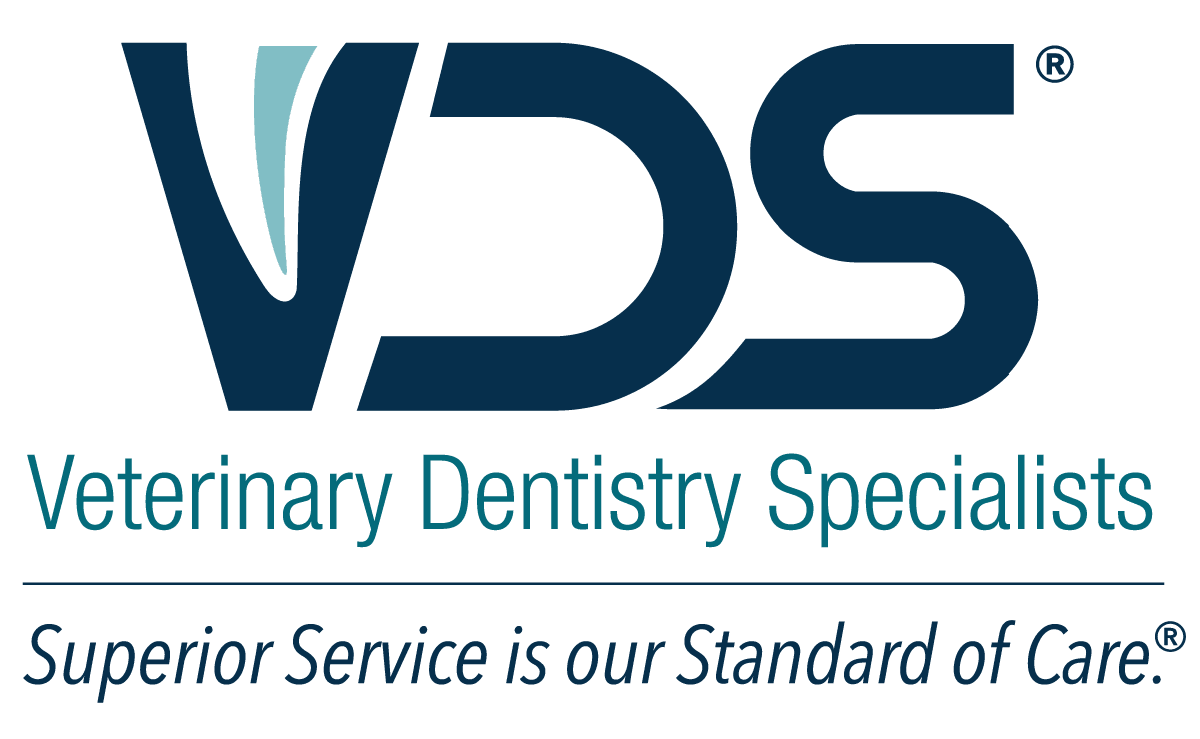New to Veterinary Dentistry Specialists? Welcome!
We’re delighted you’re here and honored that you’re entrusting us with the care of your pet. With four locations to choose from, you can count on VDS for Concierge Care—an exceptional level of service and genuine caring for you and your pet that sets a new standard in veterinary dental care.
Superior service is our standard of care, because you and your pet deserve it.
From your first call to make an appointment, to every interaction with our doctors and staff thereafter, our aim is to wow you with exceptional service that comes from the heart.
Click here to download our free brochure:
FAQ
Pet Owners Frequently Asked Questions (FAQs)
To help you know what to expect when your pet undergoes a procedure at Veterinary Dentistry Specialists, here are answers to some of the most frequently asked questions we receive.
What are your clinic hours?
Our Chadds Ford, PA office is open Monday-Thursday, 7:30am-7:00pm
Our Katy, TX office is open Monday-Thursday, 7:30am-7:00pm
Our Madison, NJ office is open Monday-Thursday, 7:30am-6:00pm
Our Mt. Laurel, NJ office is open for Dentistry/Oral Surgery Tuesday-Friday, 7:30am-7:00pm and for Cardiology Tuesday-Thursday, 8:30am-4:00pm
Our Twin Cities, MN office is open Tuesday-Friday, 7:30am-5:30pm
Do I need a referral from my primary care veterinarian for my pet to be seen at VDS?
How much does VDS charge for dental care and a consultation?
What forms of payment do you accept?
We accept cash, bank checks, all major credit cards, and various financing options through third-party providers (see next Q/A for specifics). VDS also works with numerous pet medical insurance companies and can assist you in filing your claim.
Do you offer payment plans?
Yes. Each VDS practice offers particular payment plan options:
- Chadds Ford, NJ: CareCredit
- Katy, TX: CareCredit, Scratchpay, All Pet
- Madison, NJ: Scratchpay
- Mount Laurel, NJ: Cherry, CareCredit, Scratchpay
- Twin Cities/Woodbury, MN: CareCredit
FAQ
What should I do if…
To help you make the best care decisions when it comes to your pet’s oral health, here are answers to some of the most common situations we see:
My pet has a broken tooth. What should I do?
A broken tooth can be a very painful problem for dogs and cats. It can lead to severe pain and infection. If you notice a broken tooth, please call the VDS location nearest you and make an appointment to have your pet seen by one of our specialists.
My pet has bad breath. What should I do?
I have an indoor cat. Does she really need her teeth cleaned? What should I do?
My pet has a lump in its mouth. Is it cancer? What should I do?
FAQ
About advanced veterinary dentistry
What is a board-certified veterinary dentist?
A board-certified veterinary dentist is a veterinarian who, after earning a four-year veterinary degree, completing an additional three-year residency in dentistry and oral surgery passing a rigorous certifying examination, and published original research in a peer-reviewed veterinary journal, has been granted “Diplomate” status by the American Veterinary Dental College (AVDC). He or she can now be called a specialist.
Why/when should my pet be treated by a dentistry specialist instead of a primary care veterinarian?
When your pet needs advanced dental care or oral surgery —you can feel confident that a veterinary dentistry specialist has the knowledge, expertise, experience, and equipment necessary to properly address your pet’s needs.
How often should my pet’s teeth be professionally cleaned?
How long will stitches stay in my pet’s mouth after oral surgery?
Are there alternatives to extracting my pet’s teeth?
How do I best care for my pet’s teeth throughout the year?
How do I know if my pet is having pain after a dental procedure?
Where do I get antibiotics and/or pain medication for my pet after the procedure?
What type of training do the VDS veterinary technicians have?
Can my pet eat/drink before their appointment?
FAQ
Frequently asked questions about veterinary anesthesia and dental surgery
Why does my pet need anesthesia for dental surgery?
Is my pet too old for anesthesia?
My pet has a cardiac disease—is anesthesia safe?
Does every patient get anesthesia?
Why can’t my pet get anesthesia-free cleanings?
The American Veterinary Dental College (AVDC) and the American Veterinary Medical Association (AVMA) have issued strong position statements against the practice of anesthesia-free dentistry. To learn more about this topic please visit https://afd.avdc.org/
How do you monitor my pet while he’s under anesthesia?
Our
VDS Locations
VDS is pleased make advanced veterinary dental and oral care more accessible through its growing network of practices:
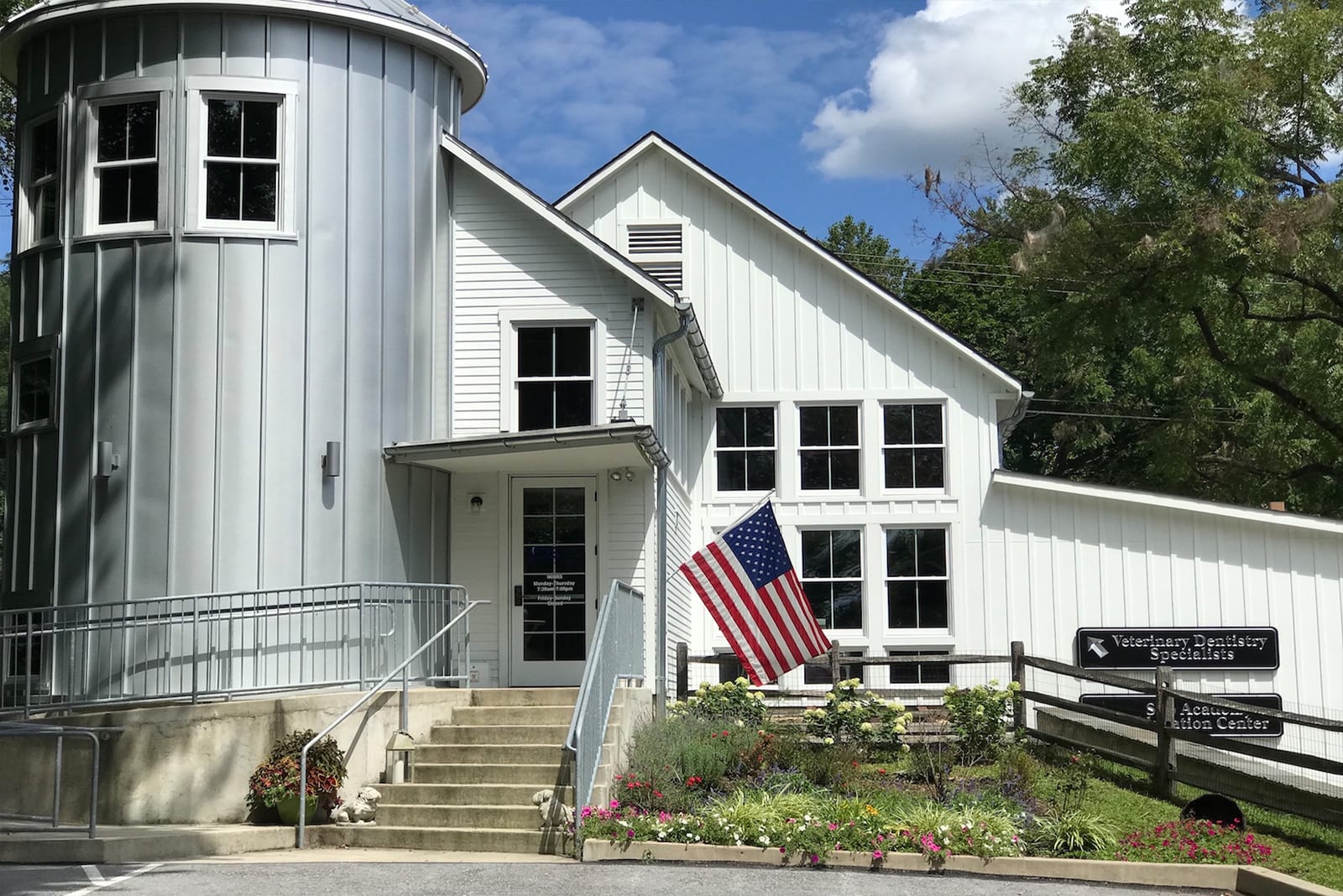
Chadds Ford, PA
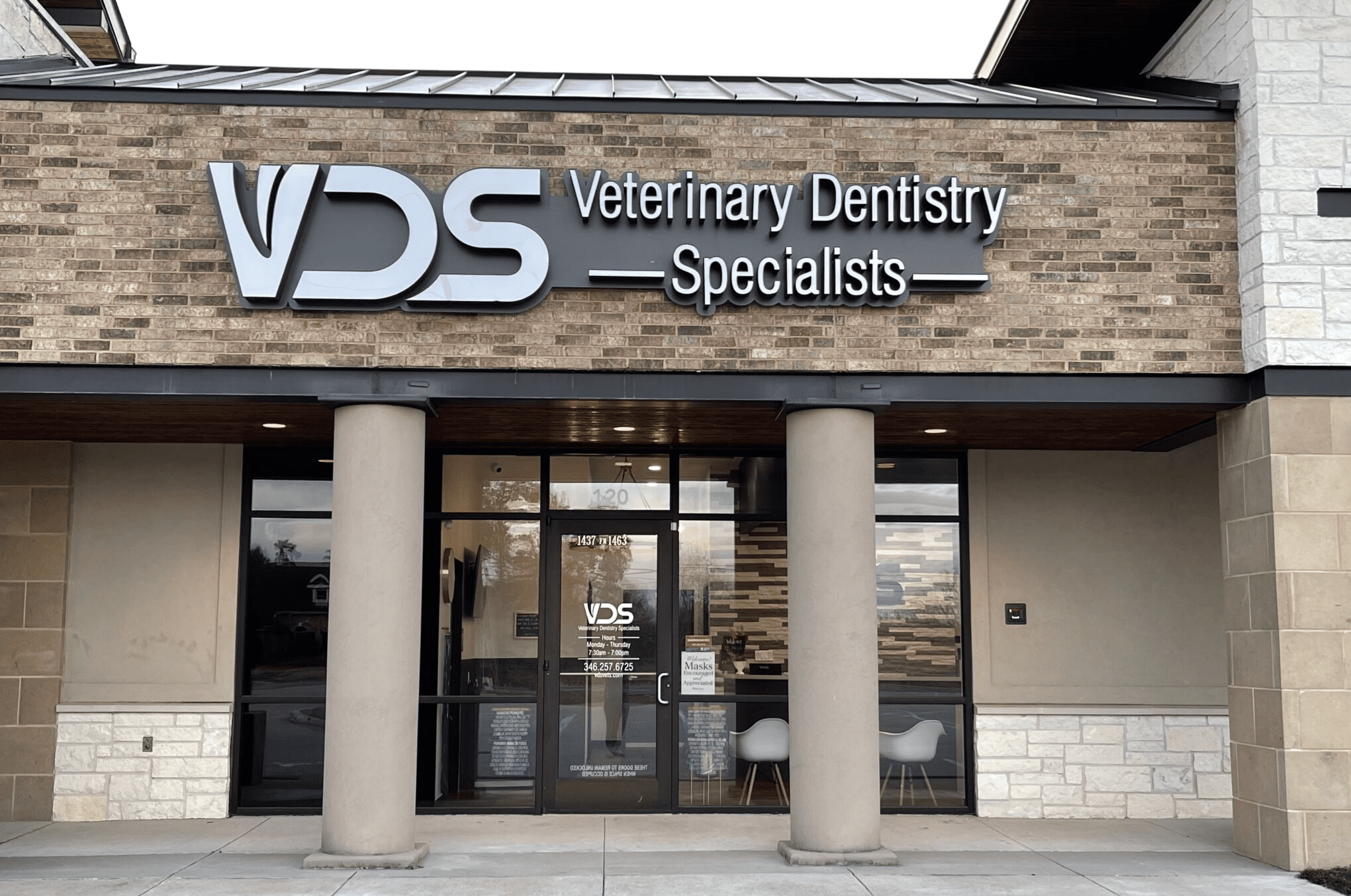
Katy, TX
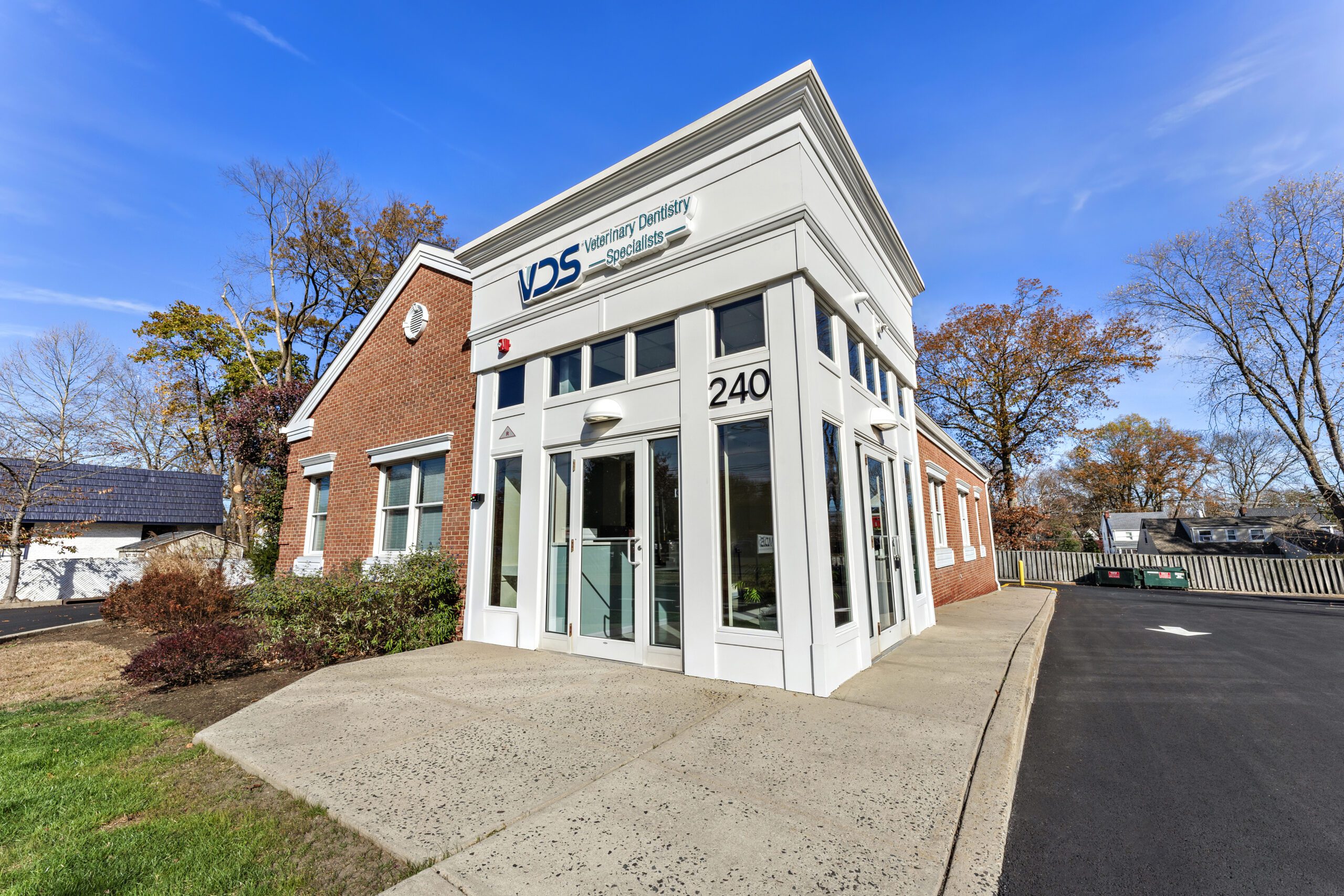
Madison, NJ
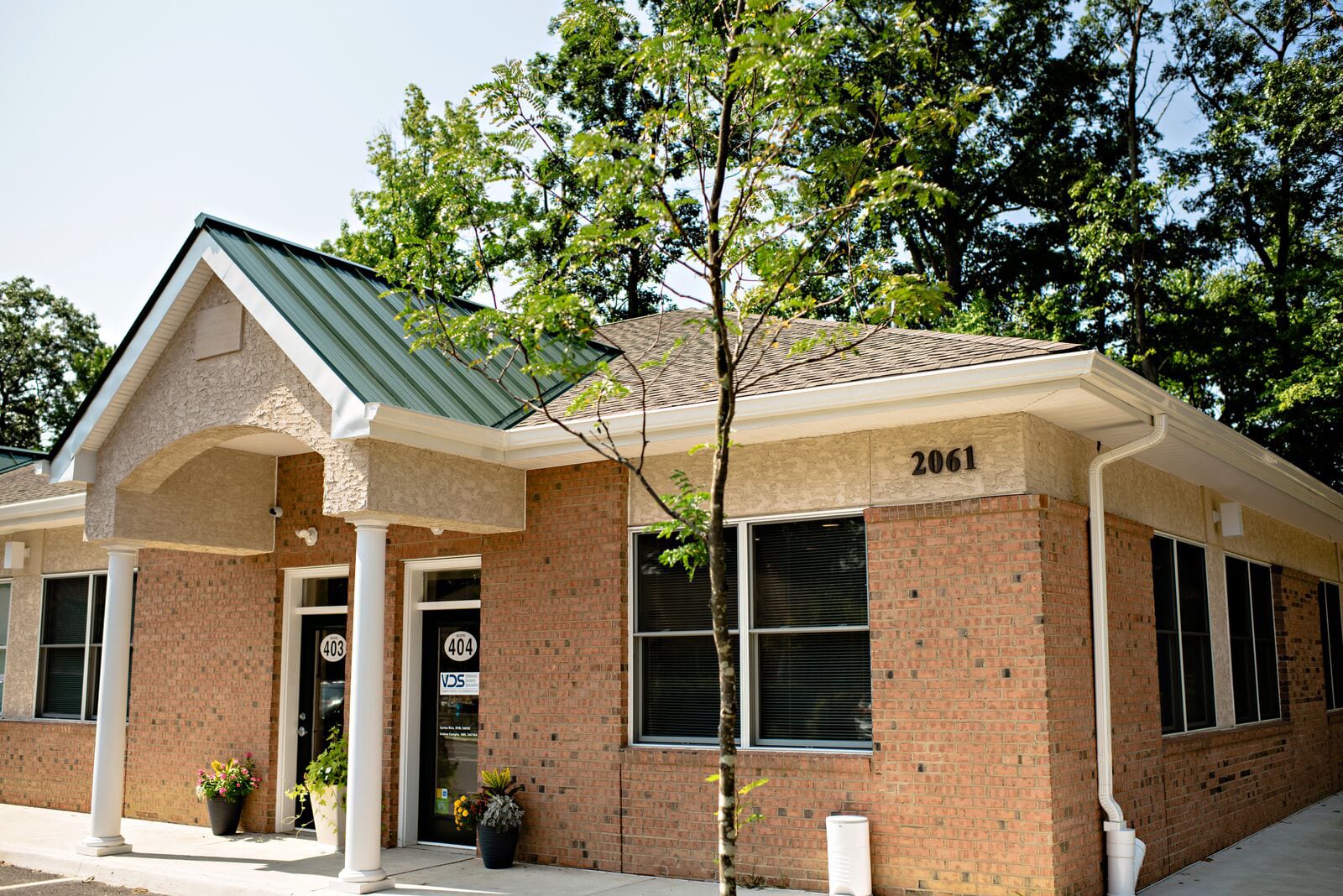
Mount Laurel, NJ
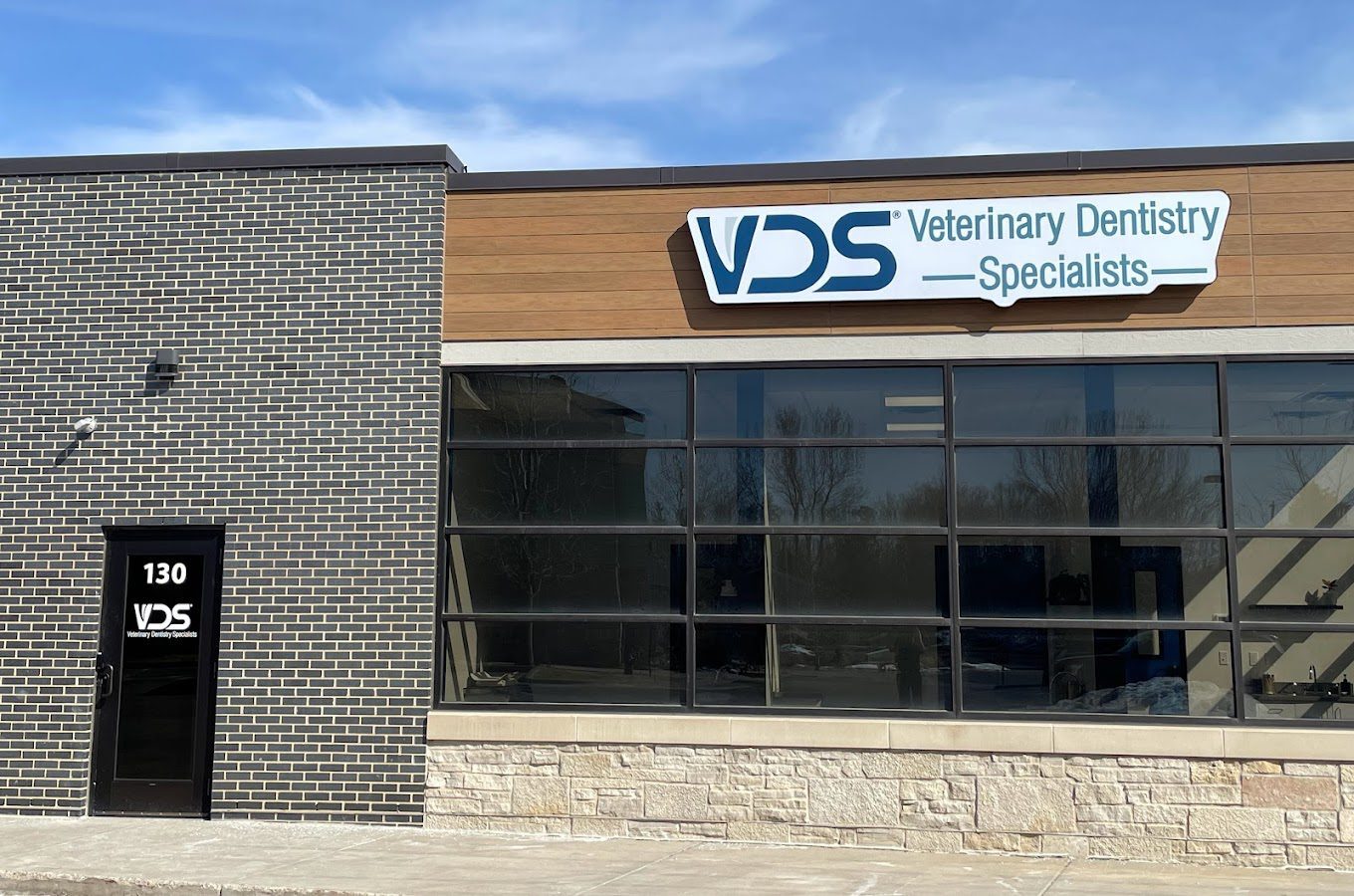
Twin Cities, MN
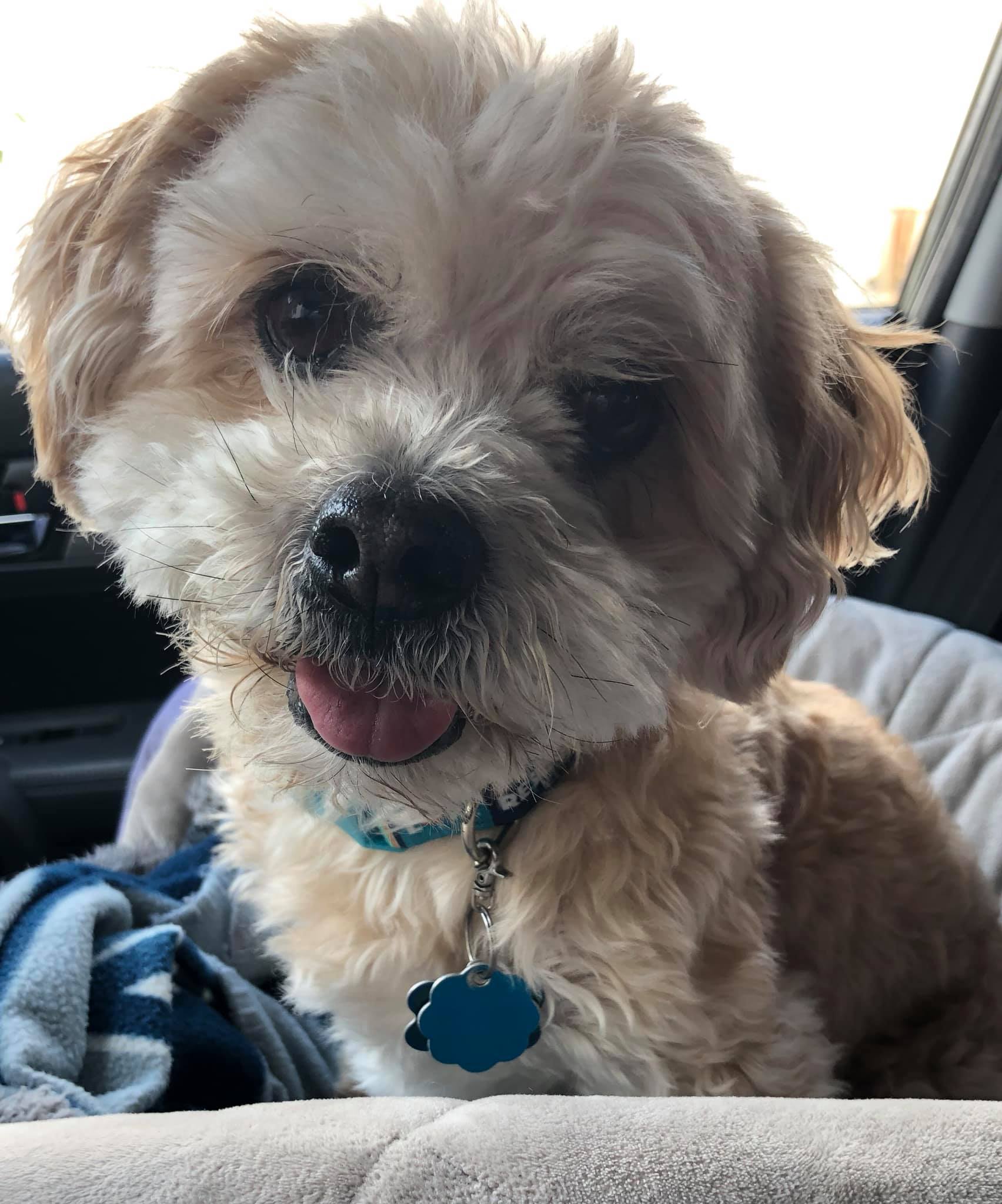
Book
How To Make An Appointment
Simply select the office that is most convenient for you below, contact us, and one of our friendly client service associates will help you schedule an appointment.
Send a Message
Want to request an appointment at VDS? Simply fill out the form below for more information. Please specify your location in the message field. Thank you, one of our team members will be in touch soon!
